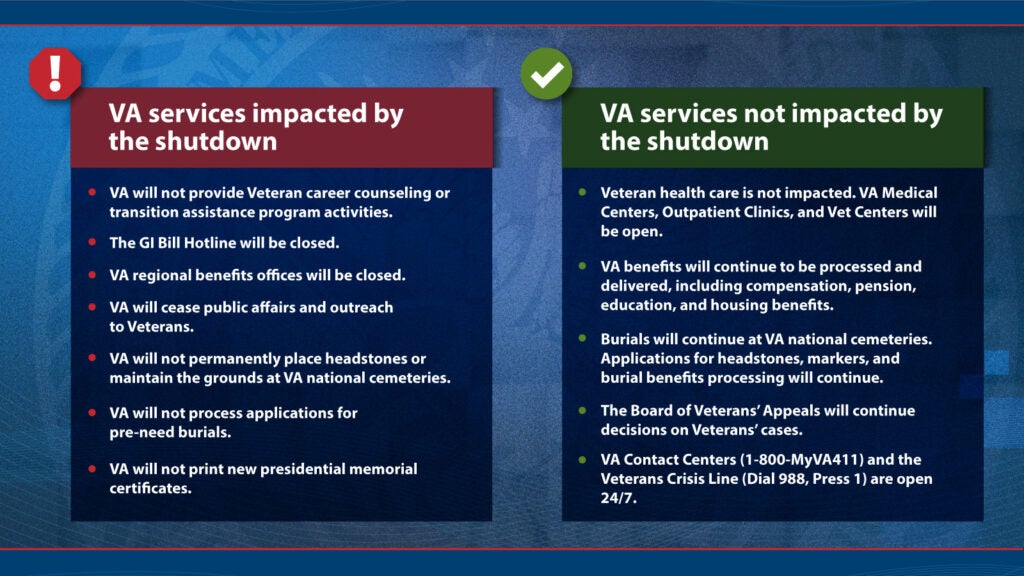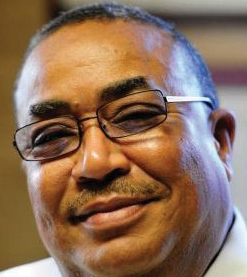Headed into Day 8 of the shutdown, the large federal presence in the CSRA ensures it will be felt.
More than 16,000 military service members who work at Fort Gordon must remain on the job, but will not be paid until Congress authorizes a new funding source. TSA employees at airports and federal law enforcement officers must work without pay.
In addition, about 13,500 civilian personnel at Gordon not engaged in “excepted” activities — protecting life or property — are subject to being furloughed. Military and civilian workers get back pay after the shutdown ends. Veterans services will continue to be provided but veteran hotlines and regional benefits offices are closed.

With the lapse in appropriations, the Fort Gordon Facebook page and other military websites announced they will not be monitored and that updates would be limited.
Area Republicans were quick to blame the shutdown on Democrats who opposed their spending bill. Rep. Rick Allen said Democrats favor spending public dollars on “illegal aliens,” liberal news outlets and climate initiatives outside the United States.
The shutdown has “real consequences for Georgia families,” he said.
Sen. Jon Ossoff said Republicans had blocked the extension of Affordable Care Act premium tax credits that will cost Americans millions. When the credits expire, an Augusta family of four earning $65,000 a year will pay an average of $2,600 more annually for health insurance, he said in a release.
“Today, Senate Republicans again blocked a bill to fund the Federal government and prevent massive increases in health insurance premiums,” he said in a statement.
State Sen. Minority Leader Harold Jones II issued a statement in support of the Democrats’ efforts to keep health care “affordable” and “put families first.” State senate Democrats last year introduced legislation that would have created premium tax credits in Georgia, he said.
Augusta’s arts community is bracing for potential longer-term impacts.
The Greater Augusta Arts Council said it is stepping up support for groups that may experience delays in funding. The agency will offer guidance on how to prepare and highlight the role of the arts sector in the area economy.









